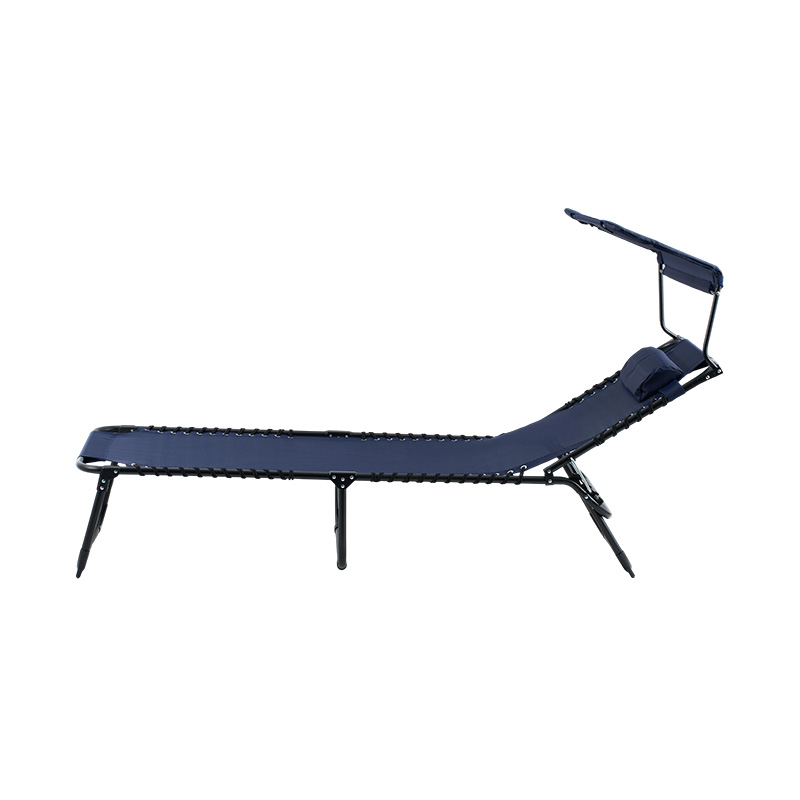A lightweight folding sun lounger is a practical piece of outdoor furniture, offering portability and comfort for gardens, balconies, or poolside relaxation. To ensure longevity, it is important to care for the materials used in its construction. Frames are often made from aluminum or steel. Aluminum is lightweight and naturally resistant to rust, but wiping it regularly with a damp cloth prevents buildup of dust or salt deposits, especially in coastal areas. Steel frames, though stronger, require more attention. Applying protective coatings or checking for scratches helps avoid rust, and covering the lounger during rainy seasons further extends its durability.

The fabric component of a lightweight folding sun lounger also requires routine care. Polyester and textilene are common, both valued for their weather resistance. Cleaning these fabrics with mild soapy water helps remove dirt without damaging fibers. Avoiding abrasive cleaners ensures the surface remains smooth and comfortable. Since these fabrics dry quickly, storing the lounger after it has dried prevents mildew.
Wooden-framed versions of the lightweight folding sun lounger demand different care. Regular oiling or sealing helps preserve natural color and prevents cracking under sunlight. Cushioned loungers also benefit from removable covers, which should be washed according to manufacturer instructions. Proper storage—such as folding and keeping the lounger under shade or inside a shed—protects all materials from prolonged exposure to direct sun or heavy rain. By following material-specific care practices, users can enjoy the lounger for many seasons without difficulty.
A folding garden sunbed offers more than a convenient place to relax; it can also support well-being when used thoughtfully. One of the key benefits is improved posture compared to sitting in conventional chairs for extended periods. Many loungers are adjustable, allowing users to recline at angles that reduce pressure on the spine and promote circulation. This adaptability helps minimize strain, especially when resting outdoors for longer durations.
Relaxation is another significant health benefit. Spending time on a folding garden sunbed encourages moments of rest, which can reduce tension and promote mental clarity. The open-air setting of a garden adds to this effect, allowing individuals to enjoy fresh air and natural light while resting in a supported position. Gentle reclining also supports deeper breathing, which contributes to a sense of calm and comfort.
A folding garden sunbed also supports flexibility in outdoor routines. It can be used for reading, napping, or simply enjoying nature, providing opportunities for restorative breaks during the day. Exposure to natural sunlight while reclining can also assist the body in producing vitamin D, an important factor for bone and immune health, when balanced with appropriate sun protection.
Finally, the portability of a folding garden sunbed means it can be positioned where it is beneficial, whether in full sun for warmth, under shade for cooler comfort, or near a garden view to enhance relaxation. This flexibility helps create a personalized wellness space in any outdoor area. By combining ergonomic support with the benefits of fresh air and rest, loungers play a positive role in both physical and mental well-being.

 English
English Español
Español عربى
عربى